According to the Foundation for Community Association Research’s Community Association Fact Book 2023, 30% of the U.S. population currently resides in a condominium community, housing cooperative, or homeowners association, with numbers of such residents rising steadily since 1970, the first year that these statistics were obtained. It stands to reason, then, that what happens in community associations affects laws throughout the country—and that legislative decisions both local and national can have far-reaching consequences for community associations. Here are a few from this year that have implications for our markets.
Environmental Regulations
New York, and particularly New York City, have been at the forefront of laws targeting buildings’ contribution to our planet’s carbon emissions problem, and how to reduce those emissions. Part of the sweeping Climate Mobilization Act of 2019, Local Law 97 (LL97) is practically a household name in the city’s multifamily circles—along with widespread efforts to delay or minimize the financial impacts of both compliance and noncompliance, especially for communities made up of predominantly lower- or middle-income owners.
One such effort is resolution 0277-2024, which calls on the State Legislature to pass A.5050/S.943-A—a bill that would establish a real estate tax abatement to help offset the cost of capital projects that reduce carbon emissions, and bring buildings into compliance with LL97. According to the Council of New York Cooperatives & Condominiums (CNYC), the amount of the abatement would depend on the percentage that the project decreases carbon emissions.
“There is no doubt tax abatements would increase the affordability of LL97 compliance for many co-ops and condos,” says the organization in a press release. “CNYC seeks your help to ensure that all cooperatives and condominiums that have to comply with LL97 are eligible for this abatement program. Particularly if your building’s assessed value exceeds $45,000 per unit, we highly recommend you ask your City Councilperson not only to co-sponsor 0277-2024, but to ensure that all co-ops and condos that are required to comply with LL97 remain eligible.”
Regardless of their position on it, it’s safe to say that most covered building owners and managers are aware that this is the year that LL97’s increasingly stringent emissions limits go into effect. Fewer may be aware that the rules for several other environmental laws also are in effect for 2024.
Local Law 157 relates to natural gas detectors, and rules for its implementation were published February 14 of this year. According to William McCracken, partner with Manhattan-based law firm Moritt Hock & Hamroff, “These rules have been a long time coming—since 2016, actually, when the New York City Council passed Local Law 157 in response to the fatal East Village and East Harlem gas explosions. Local Law 157 directed the Department of Buildings (DOB) to create a natural gas detector requirement, but only after an industry standard had been developed. That didn’t happen until 2022, and the DOB rule followed from that.” McCracken urges his clients to consider amending their house rules and alteration agreements to alert their residents to the requirement that these natural gas detectors must be installed.
Local Law 88, as amended by Local Laws 132 and 134, requires most co-ops and condos to upgrade their lighting systems and to install submetering for commercial tenants. McCracken says this law “is a bit unusual in that its main requirements are by now common sense and standard practice for most well managed buildings. You don’t need a law in 2024 to tell you that LED lights are much more efficient than incandescent bulbs and pay for themselves almost as soon as you install them.”
Co-op and condo boards should not assume they are in compliance simply because they have already converted to LED bulbs, however. New York City’s Energy Conservation Code requires buildings’ entire interior and exterior lighting systems to comply, which includes not only the lighting itself, but also its controls and tandem wiring. Additionally, installations have to be certified by a registered design professional, licensed master electrician, or special electrician, and filed with the DOB by January 1, 2025. “Accordingly,” stresses McCracken, “any building that has not already retained a specialist consultant to oversee the upgrades and certify the work should do so as soon as possible.”
Additionally, under Local Law 88, associations and corporations have until December 31, 2024, to install electrical submeters for all commercial tenants and to provide them with regular, accurate readings of their energy use henceforth. Hopefully, when provided with this information, tenants will also reduce their energy consumption. Afterall, knowledge is power—and knowledge of power use can lead to both environmental and economic gains for condos, co-ops and HOAs.
Structural Safety—from Tallahassee to Trenton
Early this year, New Jersey became the second state in the U.S. after Florida to enact legislation designed to protect the structural integrity of condominiums and cooperative buildings in response to the tragic June 2021 collapse of the Champlain Towers South condominium in Surfside, Florida.
The law, says Martin Cabalar, shareholder in the Morristown, New Jersey, office of law firm Becker, establishes additional inspection and maintenance procedures for any primary load-bearing systems of residential housing structures, including, but not limited to, common interest communities (e.g., condominiums and co-ops). Additionally, the law implements capital reserve study requirements to ensure adequate funds for the repair and/or replacement of capital assets in common interest communities.
Any covered building, defined as “a residential condominium or cooperative building that has a primary load-bearing system that is comprised of a concrete, masonry, steel, or hybrid structure, including, without limitation, heavy timber and a building with podium decks, but not including an excluded structure,” must undergo a structural engineering inspection within 15 years of the date on which the building received a certificate of occupancy (CofO) and within every 5 years thereafter. If there is observable damage to a primary load-bearing system noted during an inspection, a re-inspection must occur within 60 days of the preceding inspection.
In addition to inspection requirements, the new law also sets forth requirements for capital reserve studies conducted by common interest communities at least every five years, so that they are financially prepared for what can be significant repair and replacement costs—costs for which many associations and corporations are woefully underfunded. If an association’s reserve study is more than five years old as of January 8, 2024, or if an association does not have a reserve study, the association has until January 8, 2025, to produce one. (Cabalar notes that associations formed after January 8, 2024 have up to two years after the election of a majority of the executive board to perform a reserve study, and associations with less than $25,000 in total common area capital assets are exempt.)
With the passage of this law, says Cabalar, “Associations are going to need to prepare for some additional expenses for previous underfunding of their reserves and structural inspections on their buildings, if applicable. A lot of it depends on the type of structure, community, and age of their building. They should be getting their ducks in a row now, discussing with their legal counsel to map out the appropriate plan and timeline to meet these new obligations.”
Corporate Transparency, Condo Encumbrance
Also top of mind for many condo, co-op, and HOA communities—crucially because it likely applies to all of them—is the federal Corporate Transparency Act (CTA), whose rigorous reporting requirements go into effect this year. Attorneys and organizations from coast to coast have been advising clients and members that the law—intended to prevent terrorist financing, corruption, tax fraud, and other illicit activity—contains broad language that suggests that cooperative housing corporations and condominium associations will have to comply.
“Although the CTA was likely enacted to target businesses, condos and HOAs qualify as a reporting company since the filing of a document with the Registry of Deeds is required under M.G.L. c. 183A,” says attorney Edmund Allcock, managing partner with law firm Allcock & Marcus based in Braintree, Massachusetts, referring to Massachusetts General Law that governs common-interest communities in the commonwealth. Since “a reporting company is a corporation, a limited liability company, or any other entity created by the filing of a document with a secretary of state or any similar office under the law of the state,” he continues, “we believe that this is where condominium trusts might have a reporting requirement, as they are recorded at the Registry of Deeds and annually update their trustees with a similar recording.”
He goes on to say that companies created before January 1, 2024 must file a disclosure with the U.S. Treasury Department’s Financial Crimes Enforcement Network (FinCEN) by no later than January 1, 2025 that includes the business’s full legal name and any trade name or assumed name (DBA), its address, the jurisdiction in which it was formed or first registered, and its taxpayer or employer identification number. After the initial filing, an update must be filed within 30 days whenever there is a change in the information disclosed. Companies created between January 1, 2024 and January 1, 2025 have 90 days to file their initial report, and the same 30-day deadline for changes. Those created after January 1, 2025 will have 30 calendar days from actual or public notice that their creation or registration is effective to file their initial reports.
What makes this law particularly thorny for co-ops, condos, and HOAs is that this Beneficial Ownership Information (BOI) report—and requisite updates—must include the names of each beneficial owner, their date of birth, residential address, “a unique identifying number” (i.e., passport or driver’s license number), and a copy of the document which includes that number, with the same filing deadlines as above. The CTA defines a “beneficial owner” as someone who owns 25% or more of a reporting company, or someone who “exercises substantial control over the reporting company, such as a president, chief executive officer, chief financial officer, or other important decision maker.” (emphasis added)
According to Allcock, “The definition of beneficial owner [therefore] requires the reporting information for the trustees or the board of directors of the condominium, HOA, or co-op. Condominiums will need to consider reporting information for the declarant or developer if it continues to assert control over the condominium, and possibly information if an owner owns more than 25% of the beneficial interest.”
Notably, the filing would need to be updated within 30 days every time there is a change in board membership or office holding—which happens at least annually for most associations and corporations—not to mention changes to any of the other BOI, such as the name or address of a reporting owner. Consequently, “Condominiums, HOAs, and even some corporations need someone to shepherd the CTA/BOI filing to completion,” advises Allcock. “If only four out of five board members make their filing, then the condominium association is noncompliant.”
Allcock adds that these filings require handling of sensitive personal information, and that penalties for noncompliance can be $500 per day, up to $10,000, or even up to two years of imprisonment; not something that volunteer homeowners making decisions for their communities and their management companies should take lightly, nor something that the vast majority of industry players believe should even apply to them. To that end, there is a broad effort by organizations like the Community Associations Institute (CAI) to either exempt community associations from the Act and its reporting requirements, delay its implementation (for which there is proposed legislation in the House and Senate—H.R. 4035/S. 2623 and H.R. 5119), or, at the very least, create rules that promote confidentiality of the reporting information. CooperatorNews will be on top of these efforts as they progress.
Darcey Gerstein is Associate Editor and a Staff Writer for CooperatorNews.



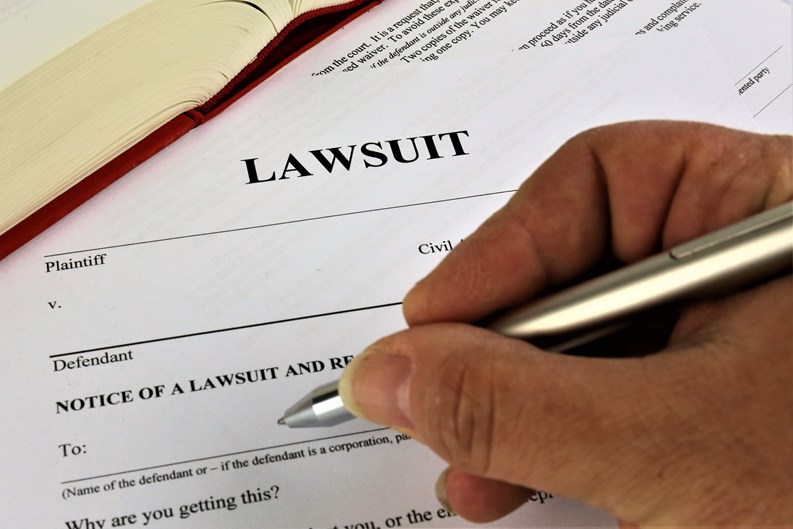
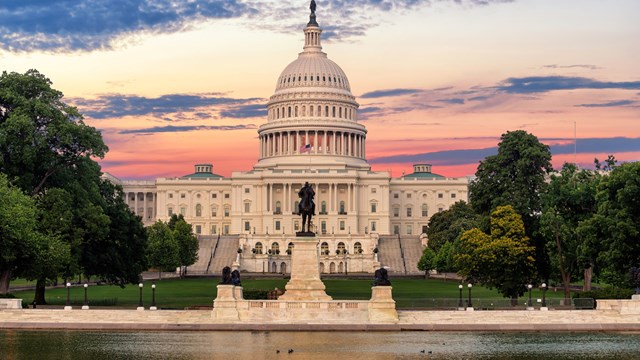
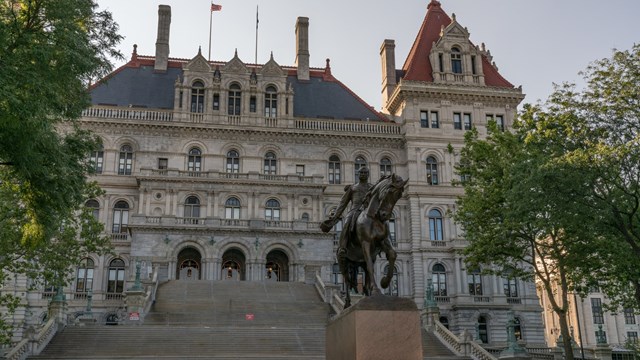
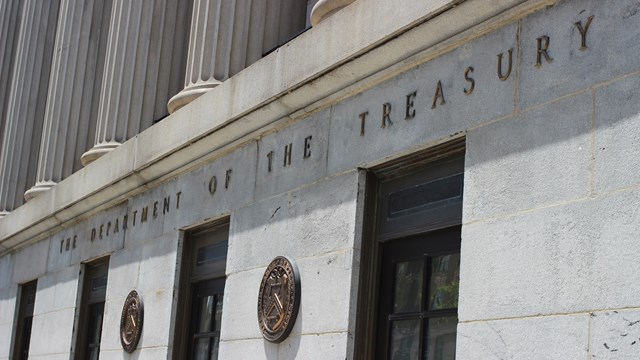
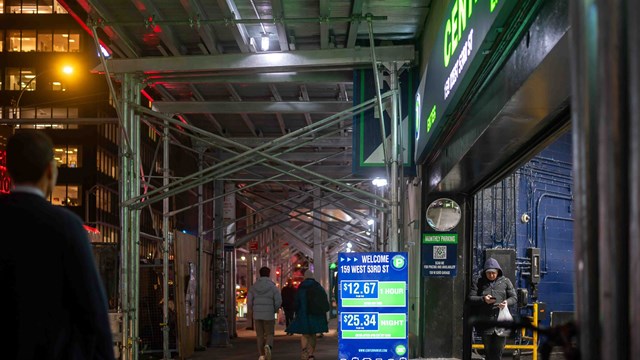
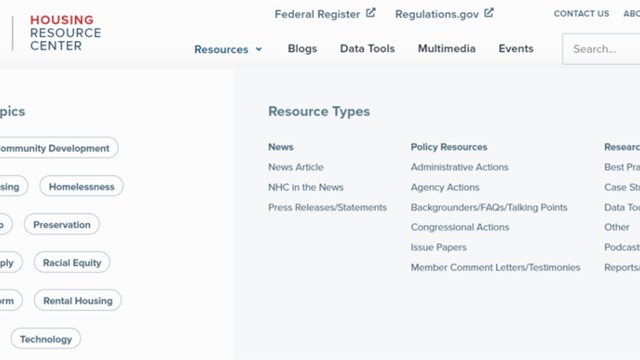
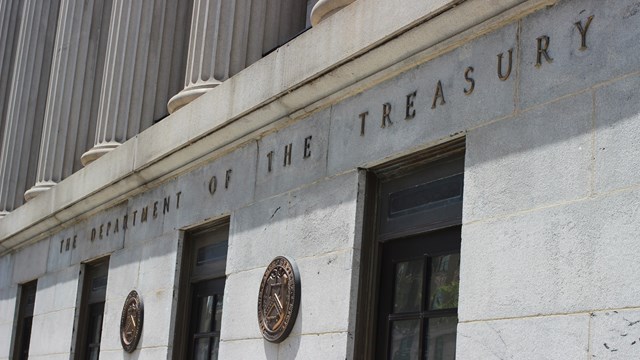
Leave a Comment